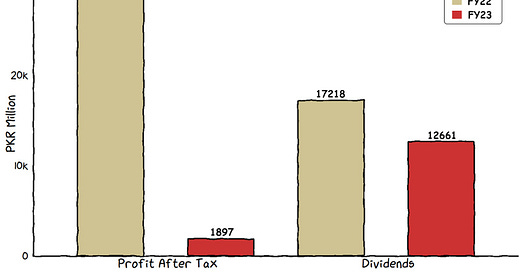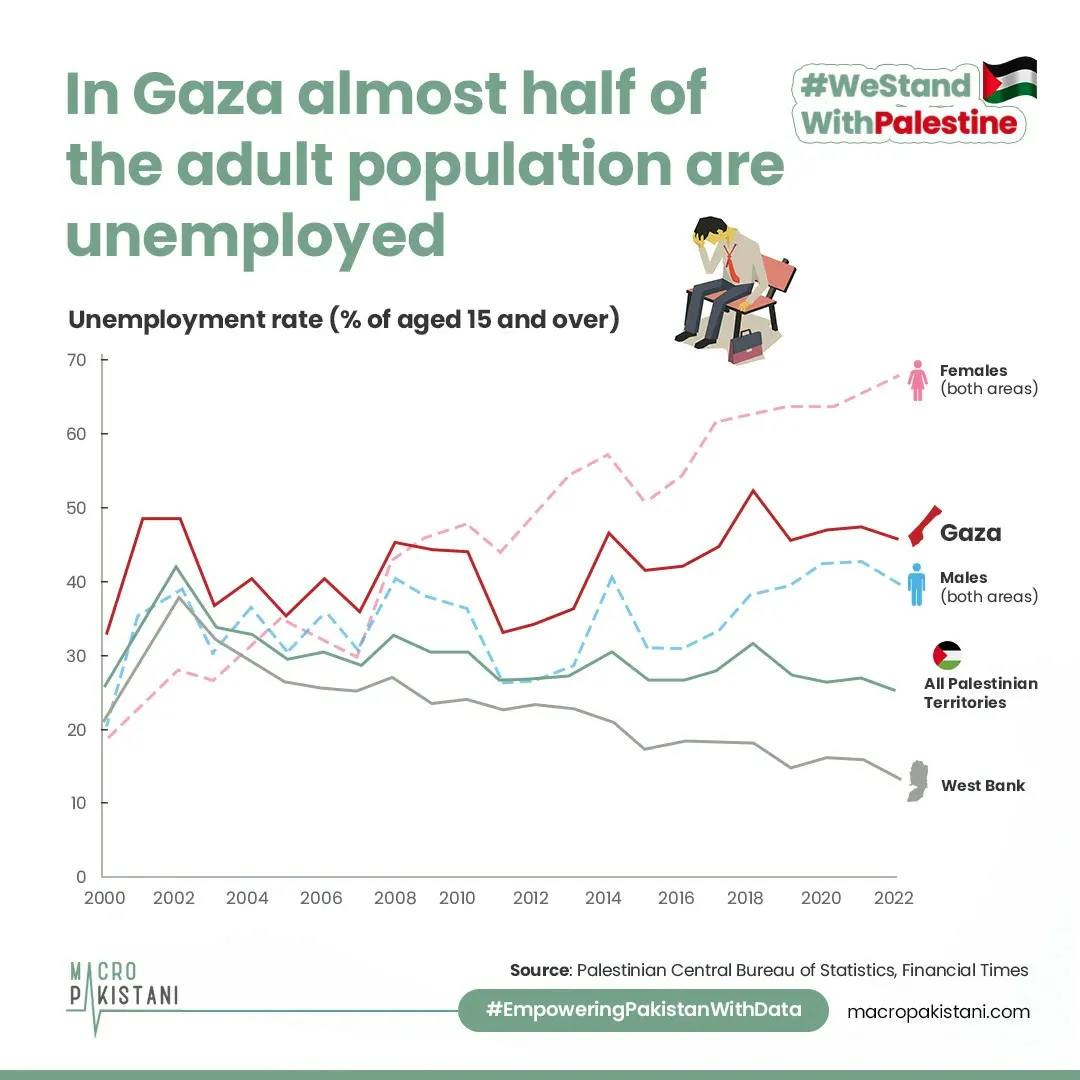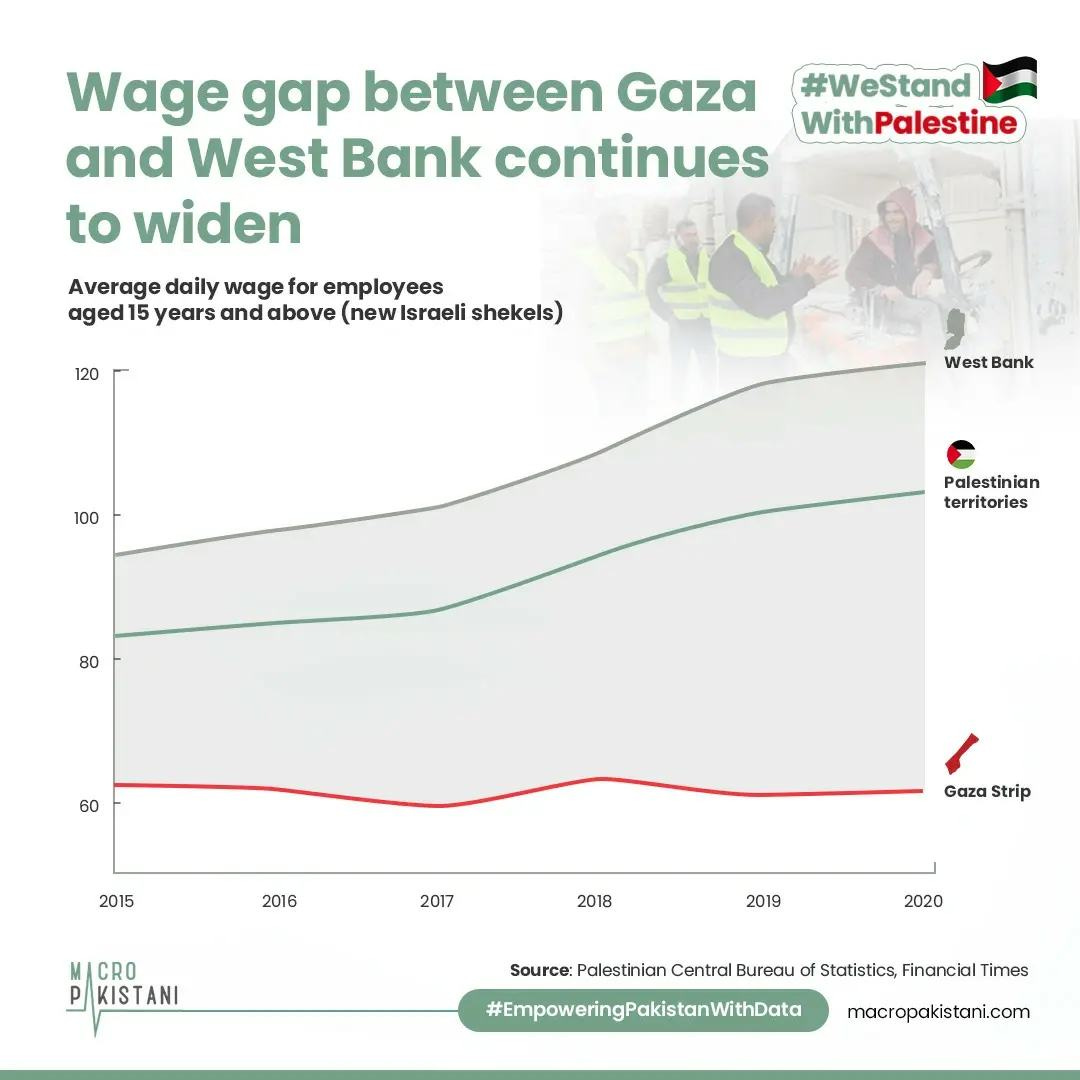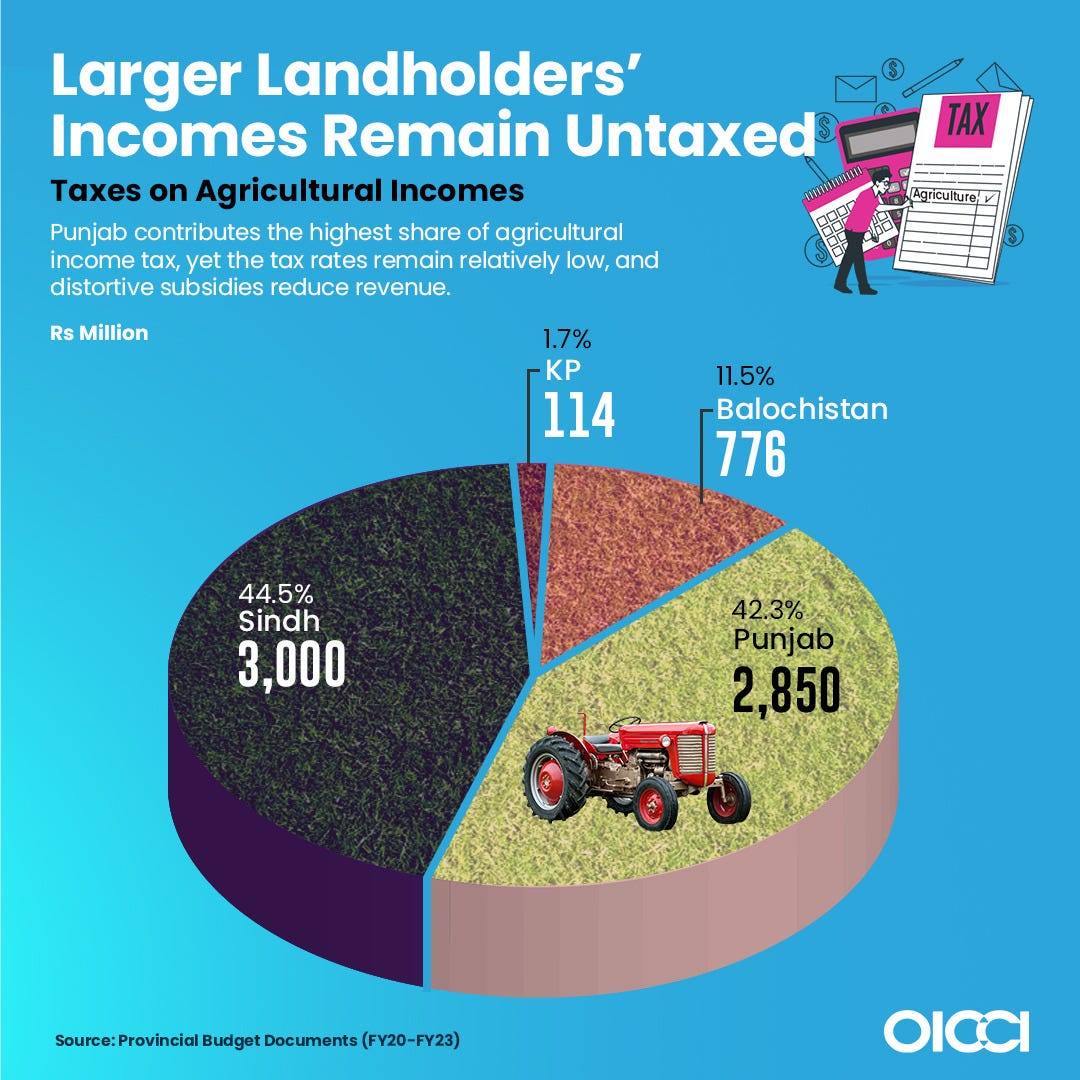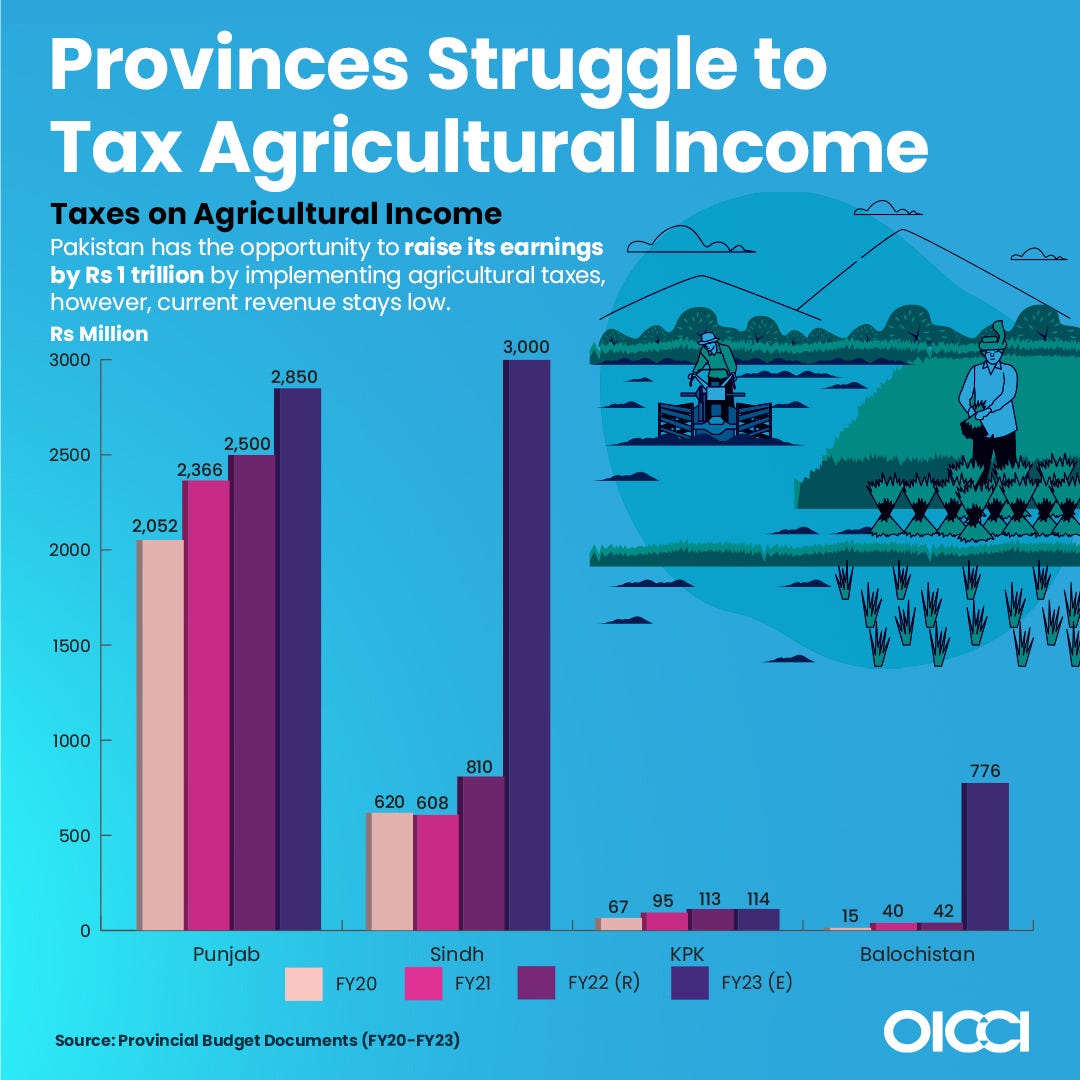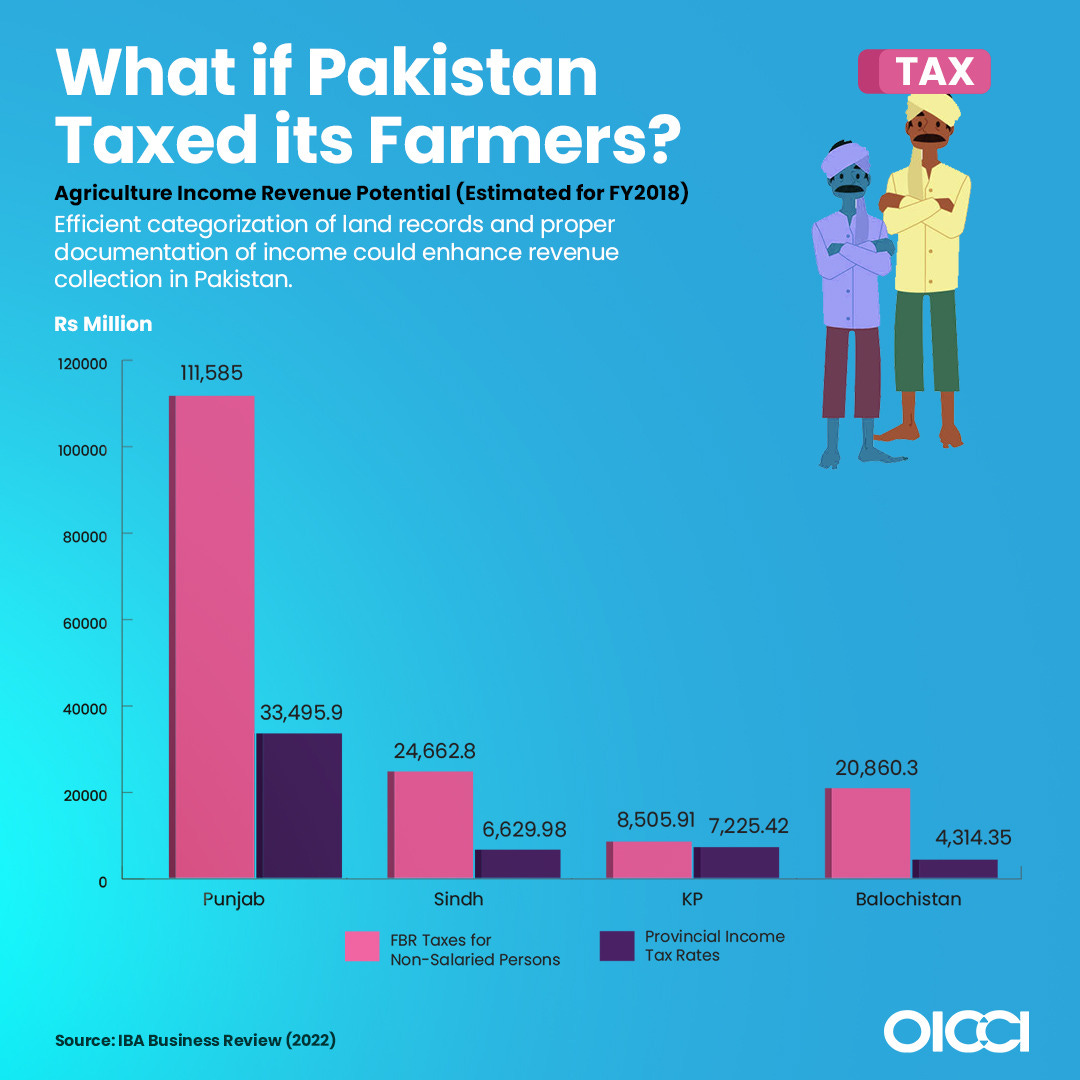Automobile Manufacturers Driving in Reverse Gear?
Automobile industry earnings plunged from PKR 31 billion in FY22 to just PKR 2 billion in FY23, forcing plant shutdowns.

In an unwelcome series of events, prominent car manufacturers have halted their production operations due to mounting supply issues and the instability of the exchange rate. Riddled with rising costs, low consumer demand, and changing market dynamics, the sector has survived shutdowns many times.
For instance, Indus Motor Company (Toyota) has suspended production on 9 occasions this year, equating to nearly once every month (so far). Other manufacturers, such as Pak Suzuki and Honda Atlas, have also been forced to yield to unfavorable circumstances. Is the government providing adequate support to one of the most critical sectors of the economy?
In the past financial year, Pak Suzuki recorded a significant loss of PKR 16 billion resulting in its recent decision to delist from the Pakistan Stock Market. Similarly, other assemblers have observed a decline in profits, as well as market capitalization. However, the government is pleased with the achievement of foreign reserves reaching USD 7.7 Billion and the ‘supposed’ strengthening of the rupee.
The issue isn’t concerned with multinational corporations losing the ability to generate more profits from the Pakistani population. Rather, it revolves around the erosion of the average citizen's livelihood and his/her purchasing power.
As per Pakistan's Economic Survey, both the transport and manufacturing sectors possess substantial forward and backward linkages. In simpler terms, even a minor disruption in the automobile industry could trigger a chain reaction in various other sectors. Given that households serve as both consumers and sources of labor, the potential repercussions on the economy are considerable.
Hence, it is essential for Pakistan to prioritize its citizens in the policymaking process. What serves our people best, is the question we should ask and not how we can ‘artificially’ evaluate the Rupee.
GRAPHIC
With Israelis expected to continue their severest offensives ever mounted against the innocent Palestinians, the long-suffering Gazans can only expect more devastation which will add fuel to the fire.
Based on what the data depicts and what is going on, it won't be incorrect to say that things definitely are going beyond a genocide even, Israel is in an 'extermination mode' against the already impoverished Palestinians!
Pakistan should eliminate the tax exemption on agricultural income to broaden the tax base. Despite Punjab contributing the most to agricultural income tax, the rates remain low, hindered by distorting subsidies. The problem extends to taxing non-agricultural use of agricultural land, creating opportunities for tax avoidance.
The World Bank proposes a potential increase in revenues of about 1% of GDP through acreage-based taxation. This means an increase in revenue of Rs 1 trillion by implementing agricultural taxes. However, efficient land record categorization and income documentation are crucial to the process.
Data Visualization & Marketing Partner: Brand Nib
Visit: https://macropakistani.com/advertise/
Improve brand awareness for your startup/business or amplify the reach of your ongoing marketing campaigns by promoting them on Macro Pakistani. We are doing/have done successful paid collaborations with:
About Us: Macro Pakistani is a data-driven research platform that aims to provide a basic understanding of Pakistan’s economy. If you have an interest in contemporary news but are currently overburdened with sensationalism and specialized vocabulary, we are the platform for you.
How are we doing? Please send us any questions, comments or suggestions by replying to this email.
